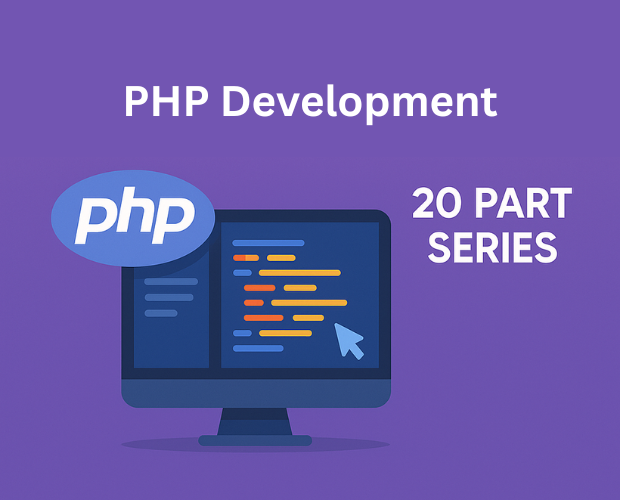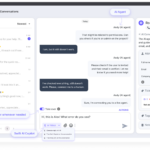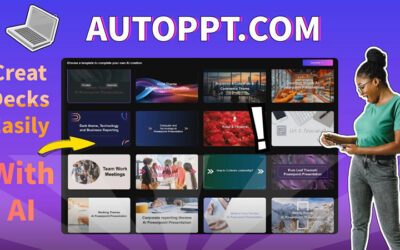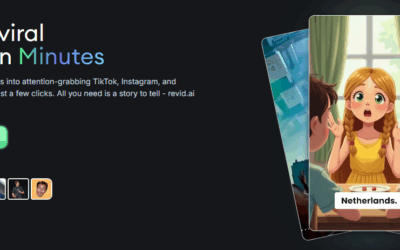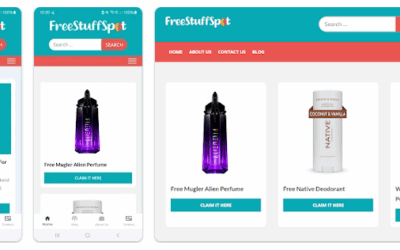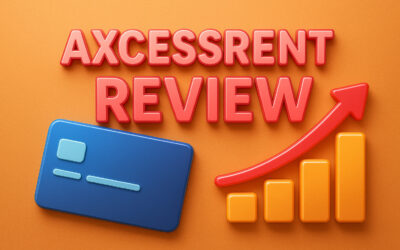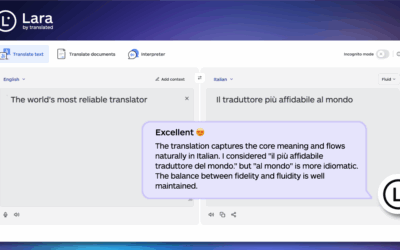The Python Power
Python uses Object Oriented concept and is an interpreted high level programming language. It supports high level data structures and facilitates dynamic typing and binding. Python is very useful in RAD (Rapid application development) as well as a scripting language for integration within the components. It’s easy to learn the syntax of python and emphasis is more on readability to ensure reduced cost of Maintenance. It believes in code re-usability and the python interpreter with libraries is available free of charge for all the major platforms that can be supported. Python is popular because of its fast edit –test – debug cycle.
So, what’s the Webware Buzz?
Webware for Python is a collected suite of packages and tools for development of object-oriented, web-based applications in Python. The webware uses popular and known design patterns and has various features like of PSP (Python server pages), Task Scheduling, Servlets, User session Management, Fast Application Servers, Simplicity of code, Middlekit which is an object relational mapper, Good error handling and an in-built CGI wrapper and webserver.
The webware is very modular and easy extendable also. It provides a vast suite of components and features to support common and major needs of web developers. Because of its modular nature, the components can be used together or independently. There is huge documentation available on the Python webware giving numerous examples.
A+ for the Python
Webware for python includes automated tests to ensure everything on the platform is up and running. Also, each component of the webware has its sole purpose which gives a web developer the liberty to use the component individually. Few components are: WebUtils, WebKit, UserKit, TaskKit, Python Server Pages, MiscUtils, and DBUtils. Webware is a stable software which has been put to use in Production environments since a long time.
Seeing the Future
Formed in the year 2000 when Python 2.0 wasn’t released, the Webware for Python experienced the trial of time. But there were issues too. Recent developments and current features of Python
make it obvious that things could have been done in a simpler way (say with setup tools). Also, Python standards – WSGI or PEP8 weren’t taken into consideration as webware was built before such standards were designed.
Also, the other grand web frameworks and mechanism for such frameworks for Python like templating systems, object-relational mapping have come out in modern years. There is a sure buzz to revamp the webware for Python utilizing the current capabilities of Python which could even lead to a higher version of Python itself. This process is fairly difficult because it requires a lot of re-writes and traces backwards to the code. Probably the upcoming Webware for Python versions would only be adaptations to newer versions of Python and clean up of unwanted components. The current webware for Python is certainly stable to provide support to all the old Python versions. The compatibility of Python is great with multiple web servers, DB servers as well as multiple OS’s (Operating Systems).
Author Bio: Sathishkumar Varatharajan is an Internet Marketer and Full-Time Blogger from India. Right now he works for Pixlo, a free Virtual Tour services company and Nethosting, a Dedicated Hosting Company.



